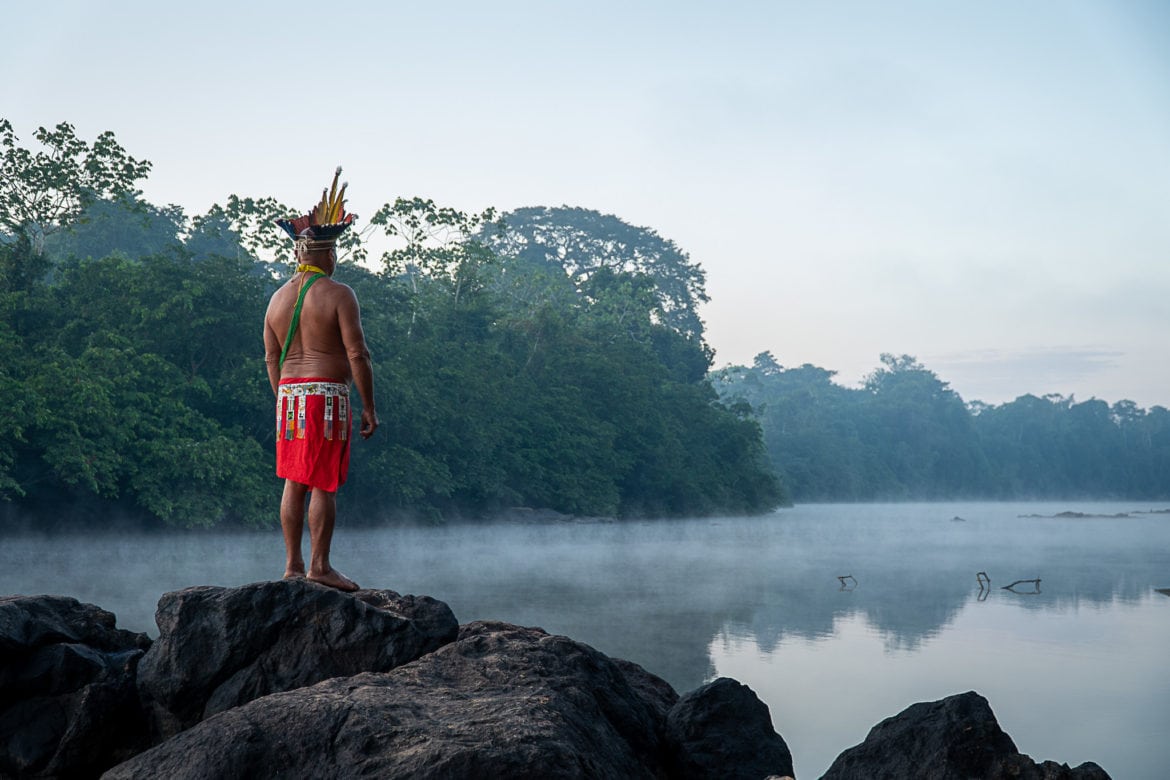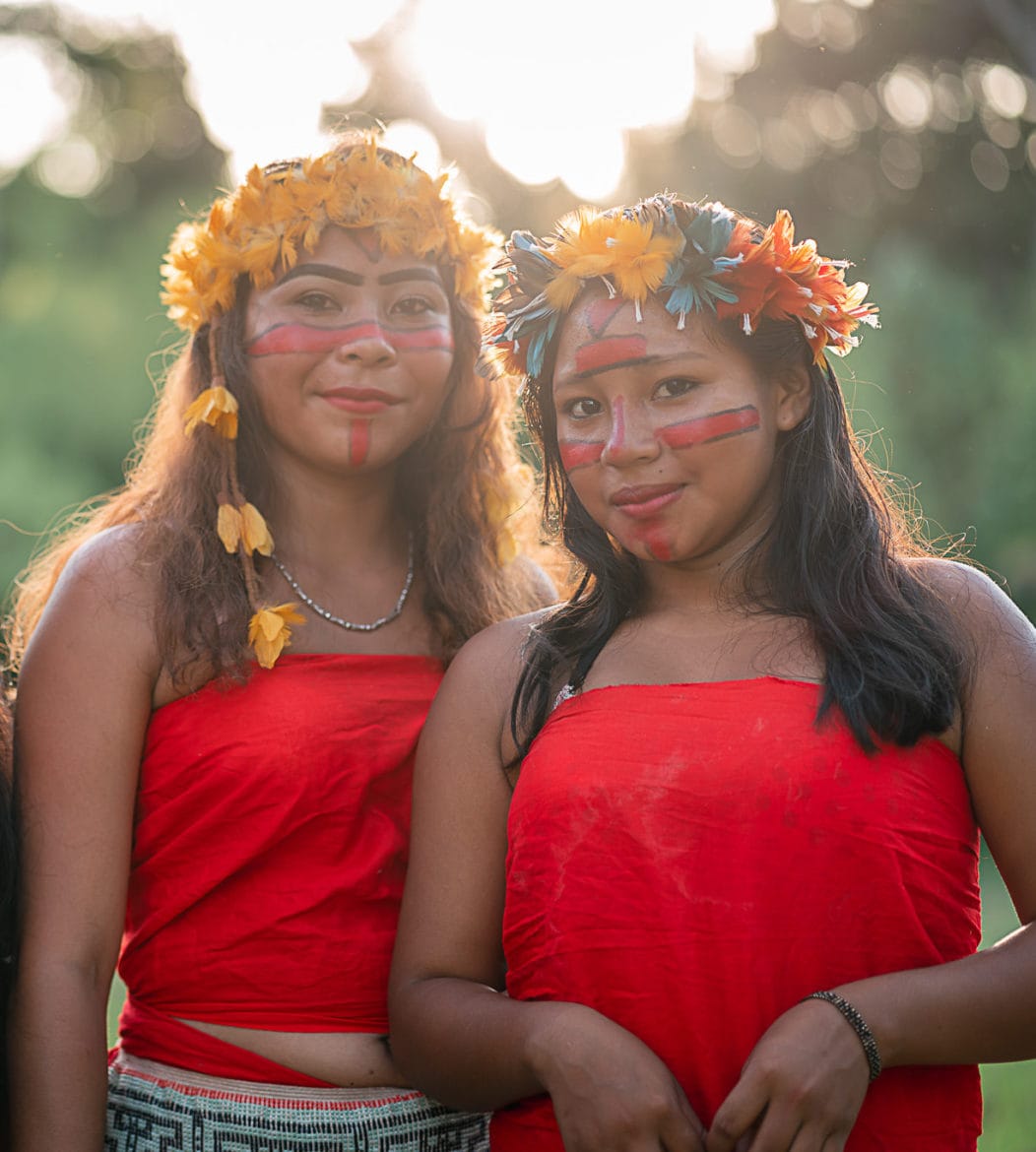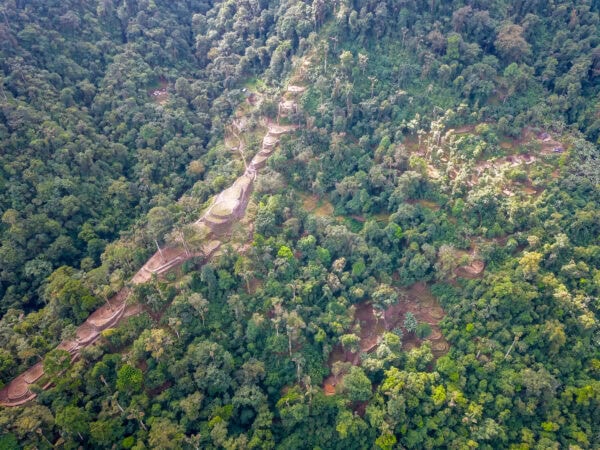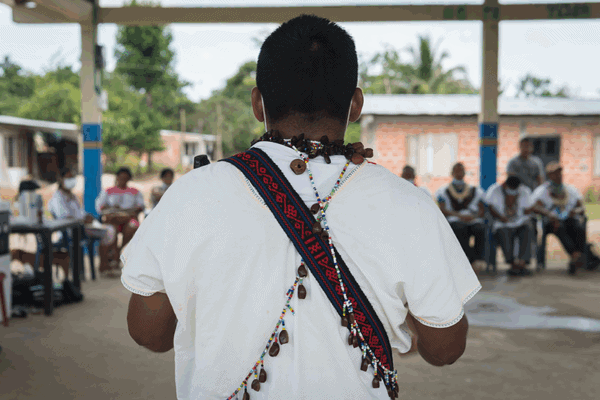In recent years, indigenous communities across the Americas have fought hard to protect their land. From Standing Rock in the U.S. to protests in Brazil, indigenous peoples have demanded recognition of their rights. But in Suriname, a small country on South America’s northeast coast, indigenous land rights are still not legally guaranteed.
Suriname is the only country in the tropical South Americas that has not recognize any form of collective rights of indigenous peoples to their territories. Its laws, based on old colonial policies, are essentially blind to the peoples who have lived there for generations. The country also has not signed ILO Convention 169, a key international agreement that supports indigenous self-determination.
A Long Fight for Land Rights

Suriname only became independent in 1975, and by the following year, indigenous activists were already marching for land rights. Their fight has continued for decades, with many ups and downs. Laws have been proposed, but none have passed.
Why Land Rights Matter
For indigenous communities, land is everything. It provides food, medicine, and spiritual connection. Without legal recognition, it’s harder to protect their forests from illegal logging, mining, and other destructive industries. Studies show that where indigenous land rights are protected, forests stay healthier, and biodiversity thrives. In fact, indigenous-managed lands often have lower deforestation rates than national parks.

ACT’s Role
Since 2002, the Amazon Conservation Team (ACT) has worked alongside indigenous communities in Suriname to help them protect their forests, strengthen their governance, and preserve their cultural knowledge. ACT has also collaborated with the government to push for legal recognition of indigenous land rights.
A Critical Moment
There is more political support than ever before. While the future remains uncertain, ACT and its indigenous partners will continue fighting to ensure that Suriname’s first peoples finally gain the land rights they deserve.
Stay Connected
Not a subscriber yet? Stay informed about our conservation efforts, hear inspiring stories from indigenous communities, and discover how you can make a difference in preserving these invaluable ecosystems.
Share this post
Bring awareness to our projects and mission by sharing this post with your friends.




